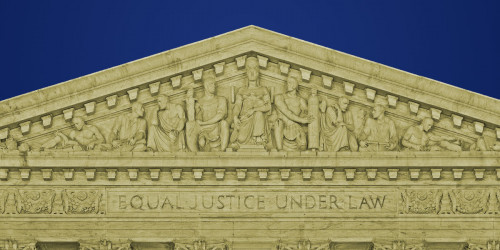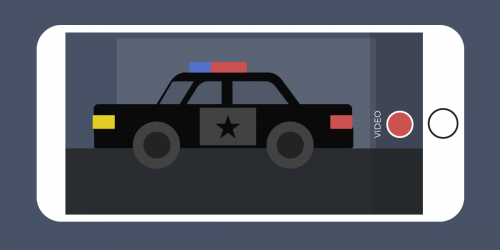New Draft of Vietnamese Internet Decree is Still Bad News for Freedom of Expression
The Vietnamese government’s draft of a new, problematic decree to regulate domestic Internet use is expected to become law at the end of the month. The 60-article document is filled with alarmingly vague language, including prohibitions on “abusing the provision and use of the Internet and information on the web” to “oppose the Socialist Republic of Vietnam,” “undermining the grand unity of all people” and “undermining the fine customs and traditions of the nation.” It also requires Internet filtration of all such offensive content, requires real-name identification for all personal websites and profiles, and creates legal liability for intermediaries such as blogs and ISP, for failing to regulate third-party contributors, triggering grave concerns about the decree’s impact on domestic online service providers.
The decree furthermore attempts to require all foreign and domestic companies that provide online services to cooperate with the government to take down prohibited content. For international companies without a business presence in Vietnam, the law would “encourage” them to establish offices or representatives in the country in order to hold them accountable for implementation of the decree. In an earlier draft of the law, foreign businesses would have been required to obtain legal status and set up servers in Vietnam.
In recent years, Vietnam has stepped up its incarceration of bloggers and other alternative media voices. The country is also the third worst on Reporters Without Borders’ list of “Enemies of the Internet,” following only China and Iran.
Wave of Blogger Arrests in Oman
Over a dozen bloggers, activists, and poets have been arrested in Oman over the past couple of weeks. In many cases, the charges have not even been published, although it is commonly believed that they were arrested for having expression controversial views online. Lawyer Bassma Mubarak al-Kayoumi has stated that the arrests are in violation of Omani Basic law, which stipulates that no one can be arrested without a reason, and that an arrested person “has the right to call whomever needs to be alerted about the arrest to provide assistance.”
The latest wave of protests and subsequent arrests largely stems from the Omani government’s backpedaling on legal reforms that the Sultan had announced in the wake of last year’s popular discontent. On June 4, the public prosecutor of capital city Muscat published a statement denouncing “the recent increase in defamatory statements and calls for sedition by some people under the guise of freedom of expression,” and he expressed his intention to “take all necessary legal action against those uttering, circulating, encouraging or contributing to them.” Most recently, police arrested at least 22 protesters at a sit-in in front of the Special Section, the capital’s high-security jail, on June 11. Many of the bloggers and activists who had been arrested earlier are believed to be held in the building.
New HTTP Error Code Proposed to Signal Internet Censorship
Tim Bray, a leading Android developer at Google, has proposed the creation of a new HTTP status code in order to indicate that a webpage is unavailable due to legal restrictions. The suggested HTTP code: 451 is meant to give Internet service providers the ability to serve users with more transparency. The name of the error code 451 is an allusion to the novel Fahrenheit 451 by the late Ray Bradbury, in which all books are supposed to be banned and subsequently burned by state “firemen.”
Bray credits Terence Eden for pointing out the lack of error messages for censorship when he noticed his ISP served an HTTP 403 error when he tried to access The Pirate Bay, which is blocked by government mandate in the UK. However, “the 4xx class of status code is intended for cases in which the client seems to have erred” according to World Wide Web Consortium (W3C) specifications. Currently, the most common HTTP error messages include 404 for web pages that can’t be found, 401 for pages without authorization, and 403 for pages that are supposed to be hidden from most users, such as directories. In the case of ordinary client errors, the server understands the request but refuses to fulfill it. In case of official censorship or website blocking, such as the known Pirate Bay restriction, the server doesn’t even see the request; rather, the ISP may intercept the request and reject it on legal grounds.
Drawing attention to Internet censorship when it takes place is an essential first step in fighting for freedom of expression.










